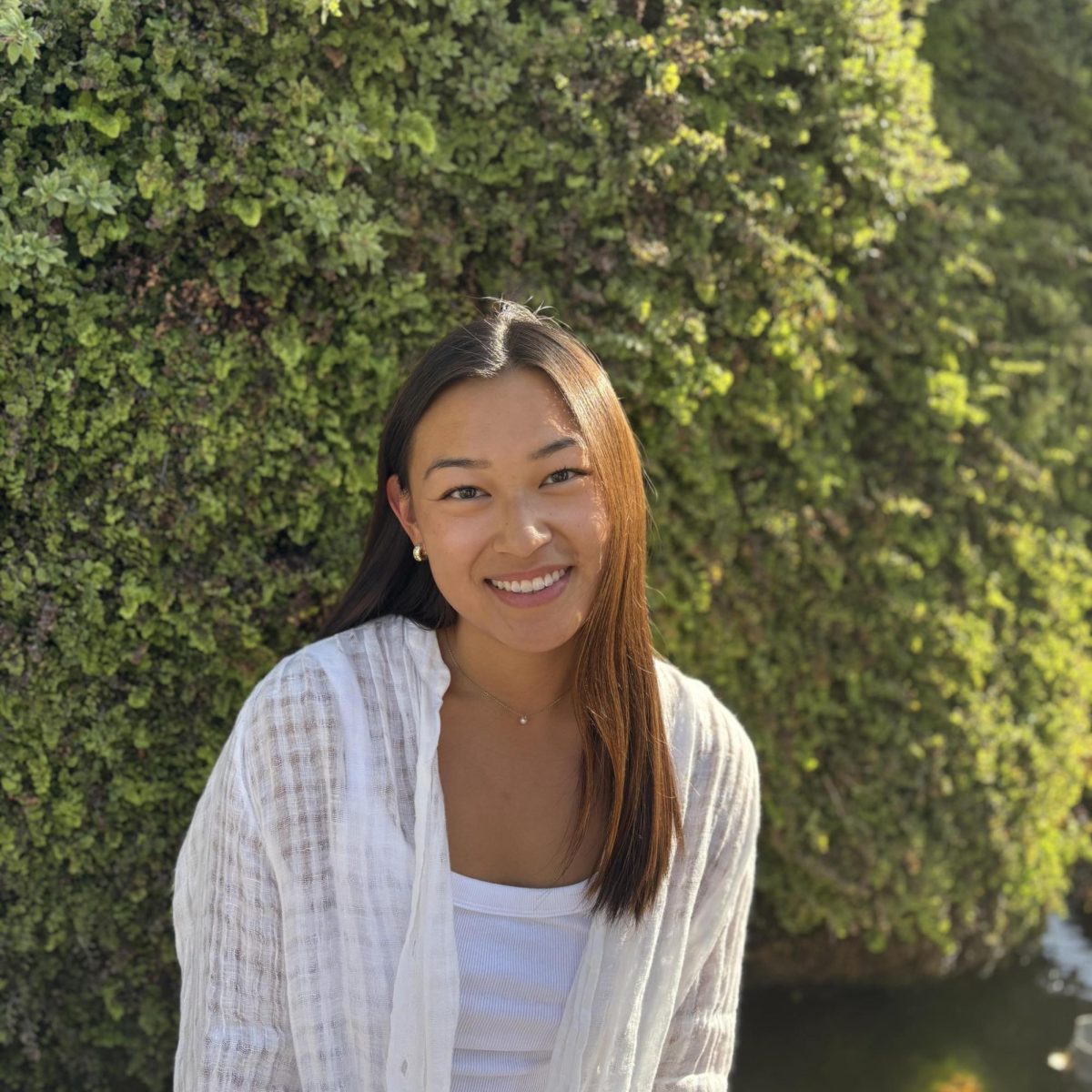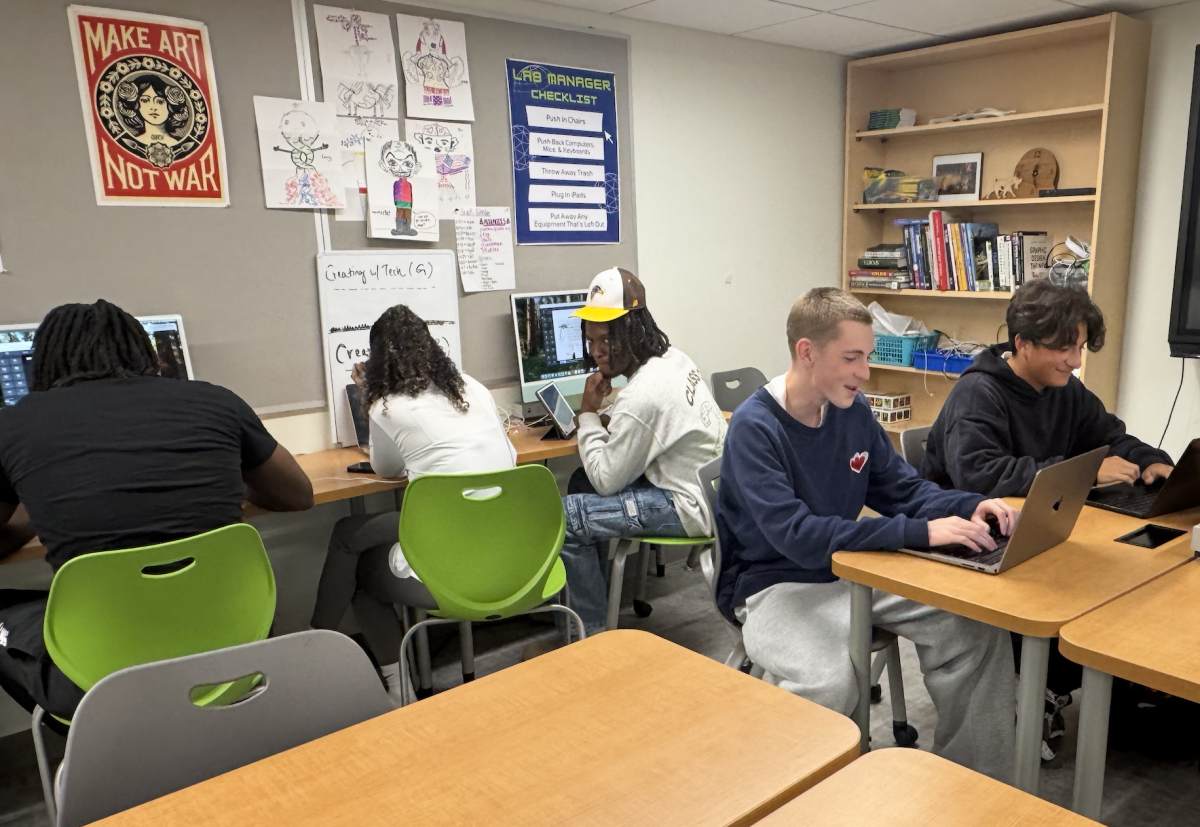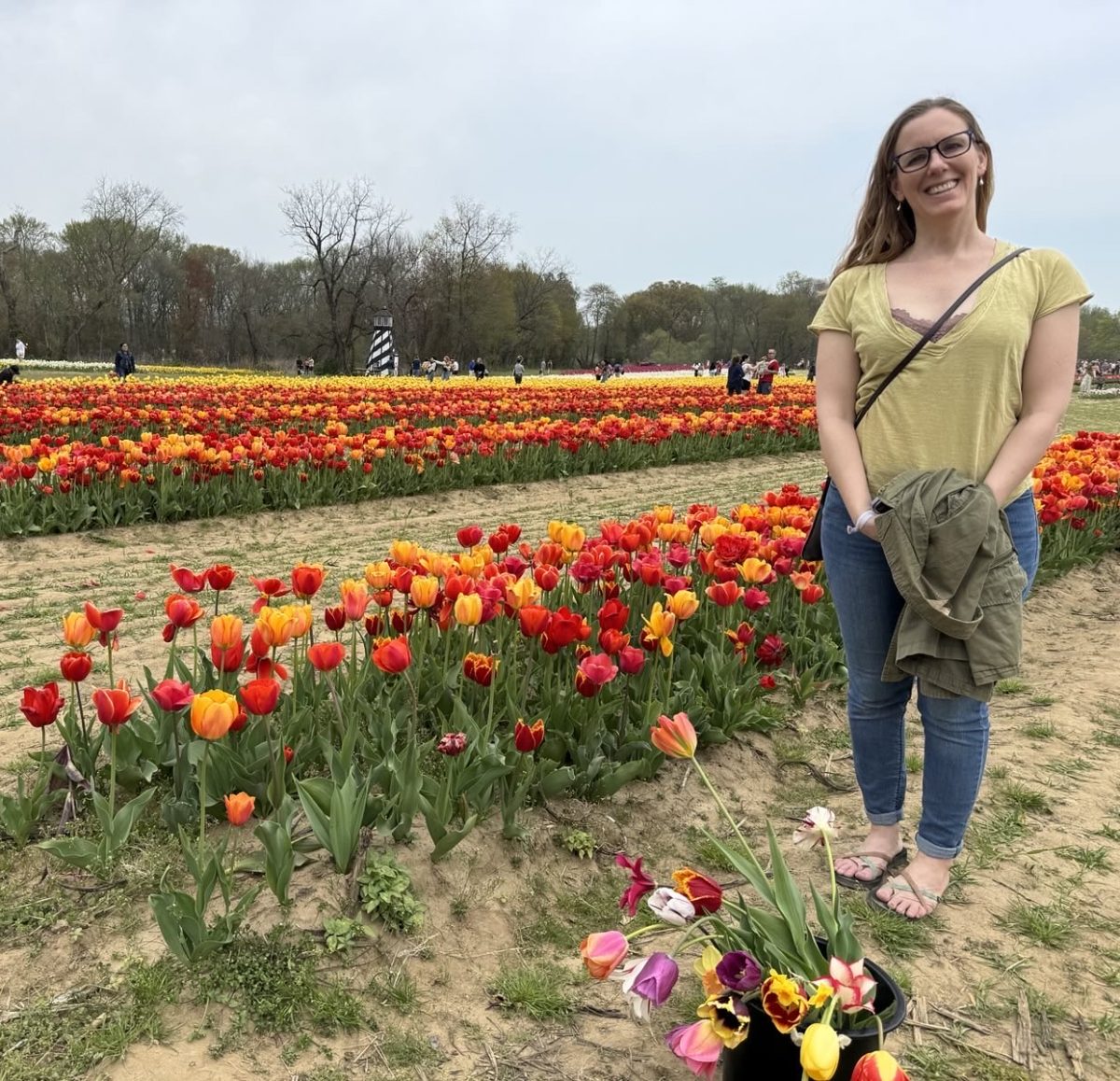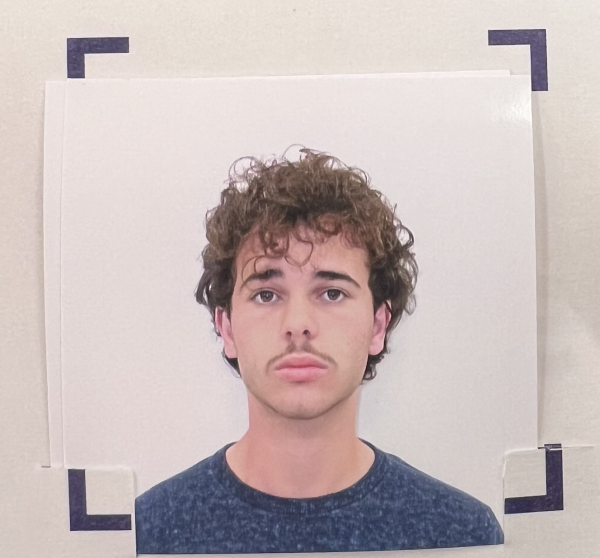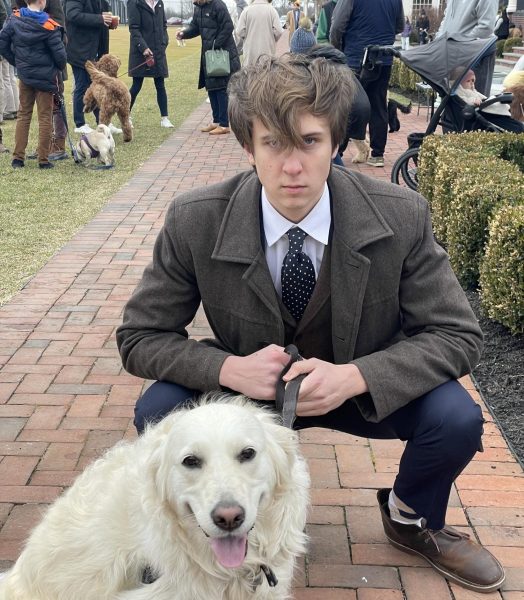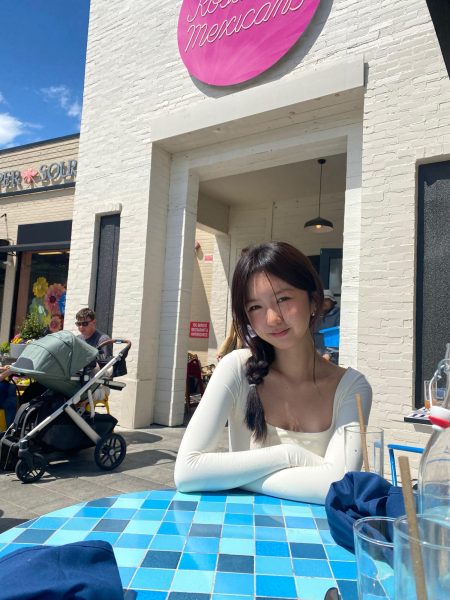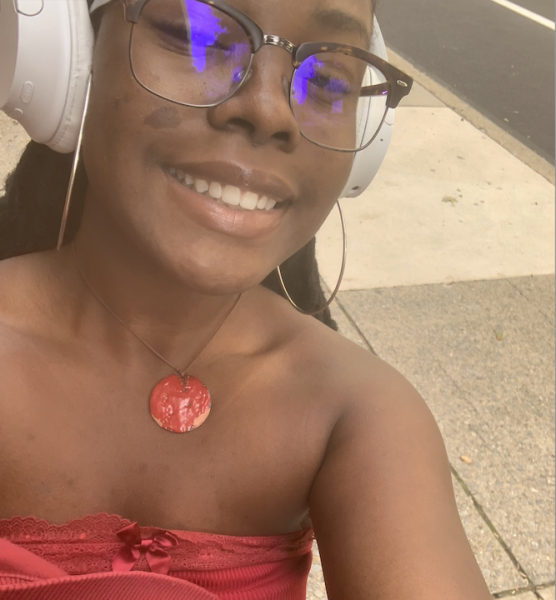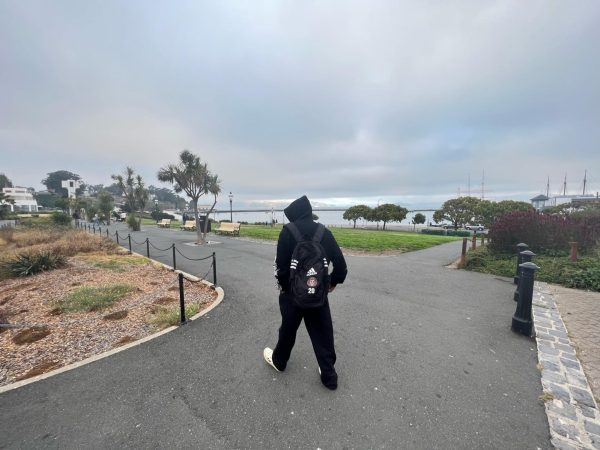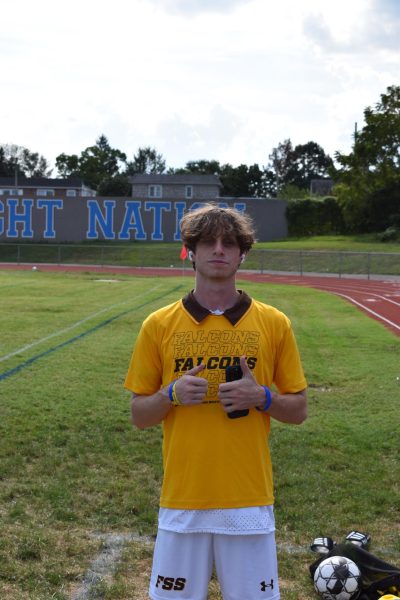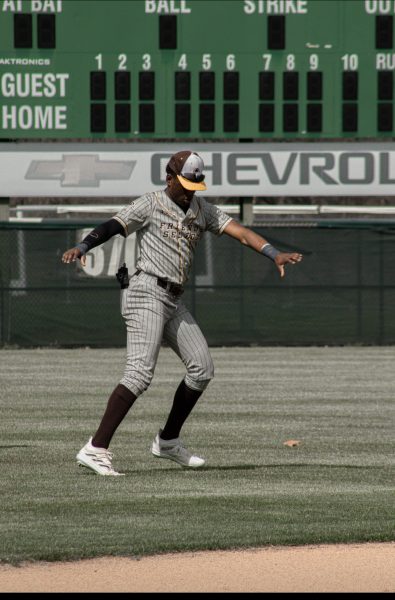Daniel Pessin: Drugs and Opioids (Track Leader)
Leading a track group was a very unique experience for me. As one of the leaders of the Drugs and Opioids track group, I had the opportunity to make my own curriculum for the first time. Being a teacher was harder than I thought, and it gave me the chance to view the classroom from a teacher’s perspective for the first time. My advice to all students who are looking to lead a group is to over-plan. There will be lots of activities that finish too quickly, so plan ahead and make sure you have a lot of “filler” activities. If I were to do it all again, I would try to plan more opportunities to leave the classroom; we take for granted all the times we get up and walk throughout the day, even if it’s just from classroom to classroom.
Niamh Williams: Empowering Women (Track Leader)
Freshman, sophomore, and junior year, I was placed into the Women in Power track group; obviously, when given the opportunity, I was determined to lead the group in my senior year. I had noticed that “Women in Power” felt more like an affinity group, with the vast majority of the week being spent sitting and talking about the challenges of being a woman – there is nothing wrong with having a safe space to talk, but I noticed those experiences very quickly became uncomfortable and contrived. The four leaders came together this year and not only agreed to focus less on creating a glorified affinity group but to reframe the week altogether, naming it “Empowering Women” to open up our potential opportunities. Our week included a self-defense martial arts lesson, an exploration of Passyunk’s women-owned businesses, a virtual speaker, and a poetry workshop. The amount of time allotted over the year to planning the week was incredibly helpful, though I would argue that the greatest challenge of Social Justice Week is the flexibility required to keep a group occupied and united. For future track leaders, make sure that you are loaded on possible activities, and that you have planned all of the activities out by the minute. If any unpreparedness shows through, the group will sink.
Patrick Ryan: Immigration Reform
Generalization is Social Justice Week’s major shortcoming. While having a wide range of options is excellent for enabling leaders to pursue their interests and ensuring students have tracks that interest them, having a more specific focus for the entire Upper School could create a more powerful experience for everyone. Before the modern Social Justice Week, Friends Select held “Intersession”, where students spent time in groups to learn about different aspects of a single culture. The change to a focus on social justice was important and good, but having a central theme to the week could create more structure and critical thinking. Intersession groups would reconvene at the end of the week and share what they learned. From a letter by Chris Singler from 2018, “On Friday, the week will conclude with exhibitions, discussions, and performances in the theater.” This sharing of knowledge and experiences, as well as the potential to draw even greater connections between groups, could make Social Justice Week even more powerful.
Janis Ng: Mental Health
The track group is focused on our mental health. Throughout the week, we learned about the history and science behind mental health. Each of us received a tea bag every morning to make ourselves tea, which helped keep our mood and energy up throughout the day. Trapeta B. Mayson, a poet and health program director, came and read her poems. She also gave us a talk about her early life as an immigrant and how it affected her mental health. We visited the Philly Goat Project and learned about the connection between animals and mental health. Although the weather was not the best, we still hung out and walked the goats; they also did tricks! It turns out that interacting and spending time with animals can lower stress and help with anxiety. I really liked this track group as we were both learning and enjoying ourselves throughout the week.
Zoie Jackson Lawrence: Soul Gardening: Cultivating Minds for Healing and Self-Sufficiency (Track Leader)
In previous years for Social Justice Week, I’ve never been in the same track twice. It was interesting seeing the different ways my student leaders taught because each track group focuses on different issues and not every year is the same. This year I decided to create a track from scratch about the importance of gardening. The summer of my junior year I solidified my love of gardening and it was very impactful. I believe that everyone should have their own connection to nature because I feel as though it’s not talked about in everyday life, even though we see it all around us. I, however, didn’t originally know that it connected with many different Social Justice issues. In my research, I found that it intersects with food insecurity, health care, wellness, and mental health. I also learned about a term called “nature deprivation”. Certain groups of people don’t have as much of a connection with nature due to many systemic and systematic issues. The only problem that I had really with modeling this track was figuring out how I wanted to design it. There was so much interesting information and so many topics that could be covered, but I had trouble trying to figure it out because this was the first track of its kind. I also had some trouble trying to incorporate gardening into a track group that’s about gardening… It’s not the best weather at the end of January, so my track group leaders and I were able to figure it out by doing gardening adjacent activities: gardening in the MS greenhouse, making tea blends and making peppermint oil. I had a ball creating and teaching the track group, I learned how to adapt to different things, compromise, test out my leadership skills, and teach something that I’m passionate about.
Ethan Gutstadt: Drugs and Opioids
Social Justice Week’s main issue is pacing. A lot of speakers were not done justice by being given too little time, or too much. Some speakers ran out of content fairly early but still had to fill the remaining block of time, making the group lose patience and momentum. When activities start to feel repetitive or run out of steam, it can make people impatient, and end up being detrimental to the topic at hand.
Noah Markovich: Drugs and Opioids (Track Leader)
Leading the Drugs and Opioids track gave me an interesting perspective on the experience of teaching and creating a lesson plan to keep students engaged. One of the most impactful speakers was the Savage Sisters, an organization working to prevent overdoses. They spoke about their struggles with opioid addiction and instructed us on how to administer Narcan properly. Going forward, I think that the morning keynote speakers should not present for a full hour, as some of the speakers seemed unprepared to fill the whole period. My advice for the next track leaders would be to over-plan because the activities you have planned will not last as long as you think.
Bryce Dodd: Religious Identity and Experiences
My experiences at Friends Select with Social Justice Week are like trail mixes. Some are good, some are bland, and some are forgettable, but with a lot of variety. During my first year, I was placed in Drugs and Opioids; this was during Covid, so I forgot everything. Since it was over Zoom, it was difficult to understand the materials due to distractions and Zoom not working. This year’s track group focused on religion that affects the Philadelphia Area and the United States in general. The religions that my group focused on were Christianity, Islam, Hinduism, and Buddhism. The speakers in the group were incredible with getting a Rabbi, Priest, and Iman. I liked this group the best because of their involvement and dedication in the group, and the field trips we went on.
Scott Aaronson: Disability Justice
Social Justice Week in the Disability Justice track group focused mainly on spreading awareness of people with disabilities, and the ways to support those people. Our only trip as a group was to an art gallery designed for people with disabilities. It was very eye-opening to see these people with various disabilities interacting and getting together very well. Similar to this experience, we watched a documentary called Crip Camp, which showed a popular camp run by people with disabilities that changed many people’s lives and passed certain laws on disability.
Elliot Forman: Drugs and Opioids
I believe that going through high school and combining the issues you learn about is very interesting and adds a layer of depth to everything you learn. Having gone from community and police relations to learning about the opioid crisis in Philadelphia regarding overdoses and drug addiction gave me additional insight into the issues in our community. It made me consider all the sides of what I’ve learned and take that knowledge on with me to hopefully cause positive change.
Bryan Dedmon: Gun Violence
During Social Justice Week we talked to many speakers, but one speaker that stood out to me was a man who worked with the Philly Ceasefire Organization. He talked about the trauma and the experiences that young males, mostly black males, face growing up in inner cities. The way he spoke about it sounded authentic and from the heart. One thing I would change about the week was the keynotes. Sometimes the keynote speakers got a little boring and stale. Maybe giving the speakers less time to speak later in the day would impact more students in the community. Social Justice Week did impact me because I felt like it was a safe space to voice my opinion, and later in life I will feel more comfortable voicing my opinion.

